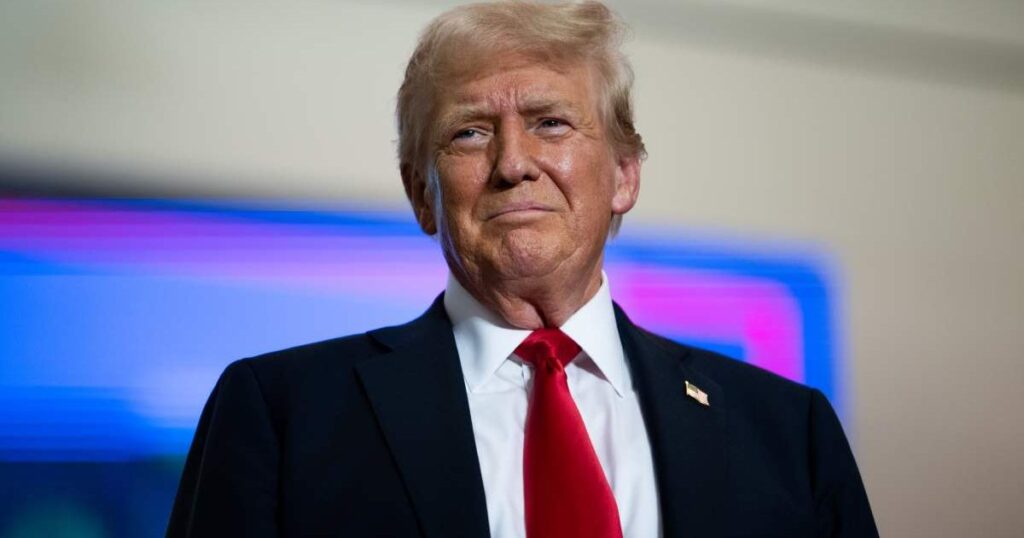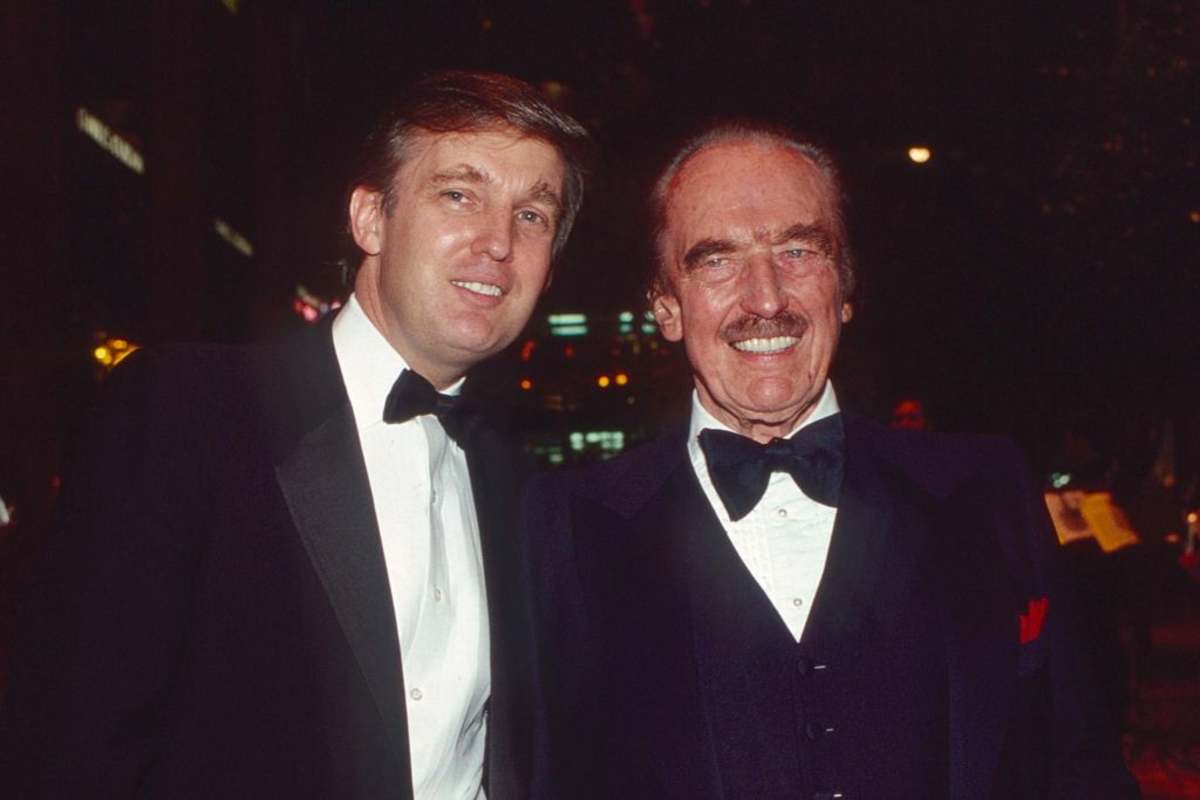Former U.S. President Donald Trump’s success story is one of grit, ambition, and, well, a little help from his father ‘small loan’. He often describes himself as a self-made billionaire who had to scratch and claw for everything, despite receiving what he called a “small loan” of $1 million from his father, Fred Trump. While $1 million might be “small” in Trump’s world, for the average person, it sounds like winning the lottery. But was it really just a small loan? Let’s dig into this claim and see what’s behind the numbers.
The Infamous ‘Small Loan’
During a 2015 town hall meeting on NBC’s “Today,” Donald Trump shared a now-famous anecdote. When asked by a Republican voter if he had ever been told “no,” Trump responded with the story of his financial start. “My father gave me a small loan of a million dollars,” he said. He followed this by insisting it wasn’t easy for him, despite the million-dollar boost, claiming that the obstacles were significant, and he built his empire against the odds.

A Million Bucks — Not So Small After All
Let’s pause for a second. One million dollars. For most of us, this isn’t pocket change. In fact, it’s life-changing money. Trump himself acknowledged that most people wouldn’t see it as a modest sum when pressed by Today’s Matt Lauer. But Trump doubled down, saying, “A million dollars isn’t very much compared to what I’ve built.” And sure, compared to the estimated billions in his portfolio, it may seem small — at least to him.
Fact-Checking the Narrative
Here’s where things get murky. Trump repeatedly refers to the $1 million loan as his financial starting point, but investigations by major news outlets tell a different story. The New York Times conducted an extensive investigation and found that Fred Trump actually funneled about $60.7 million to his son over the years — not just the $1 million that Donald often mentions. Adjusted for inflation, that’s roughly $140 million in today’s dollars, and much of it was reportedly never paid back.
Let that sink in. Sixty million dollars. That’s a lot more than the “small loan” Trump repeatedly claimed as his humble beginning. But this isn’t just about the money; Fred Trump’s influence and connections in the New York real estate world also played a huge role in Donald Trump’s rise to prominence.
Beyond the Loan: Fred Trump’s Help
It wasn’t just cold, hard cash that gave Donald Trump his head start. Fred Trump’s influence paved the way for his son in many other ways. One of the key examples? The Hyatt Hotel deal in New York. Donald Trump’s first major project in Manhattan wasn’t a solo act. His father, along with the Hyatt chain, guaranteed a $70 million construction loan for the venture. Fred Trump and Hyatt agreed to assume a 50% share of the obligation if Donald couldn’t complete the project. So, while Trump built his reputation as a master dealmaker, his father’s safety net was always there, ready to catch him if things went south.

Trump’s Financial Safety Net
Trump’s financial safety net didn’t stop at the Hyatt project. When his Atlantic City casinos ran into trouble in the 1980s, Fred Trump stepped in once again. In an unusual move, Fred bought $3.5 million worth of gaming chips but never used them — effectively giving his son a lifeline to meet his mortgage payments. It was a clever workaround, though regulators later deemed it an illegal loan.
What Does It All Mean?
At this point, we can safely say Trump’s rise wasn’t as self-made as he often implies. The financial help from his father wasn’t just a one-time loan; it was an ongoing series of loans, investments, and connections that cushioned his business ventures. Yes, Trump did build an empire, but he certainly didn’t do it alone.
Does that mean Trump isn’t a skilled businessman? Not necessarily. But it does mean the story of a scrappy underdog making it big with nothing but grit and determination doesn’t quite fit. Instead, Trump’s story is more complex — one of inherited wealth, privilege, and opportunity. And that’s fine! The problem arises when that story gets simplified into a bootstrap narrative that ignores the undeniable advantages he started with.
The Bigger Picture
Trump’s financial beginnings serve as a reminder of a larger issue in American business: the myth of the “self-made” billionaire. Many of the world’s wealthiest individuals didn’t start from scratch. They had advantages, whether financial, social, or educational, that gave them a head start. And while that doesn’t diminish their accomplishments, it’s important to acknowledge the role of privilege in these success stories.
Ubisoft Milan joins Ubisoft France strike over return to office
Let’s Talk About Privilege
Trump’s story, and those like it, offer us an opportunity to rethink how we define success. It’s not enough to celebrate wealth and power without asking how someone got there. So, next time you hear a story of a self-made billionaire, ask yourself: What’s the full story? Who helped them along the way? It’s time we acknowledge that success is rarely achieved in isolation.
What are your thoughts on Trump’s “small loan” story? Do you think privilege plays a bigger role in success than people admit? Share your thoughts below and let’s keep the conversation going

